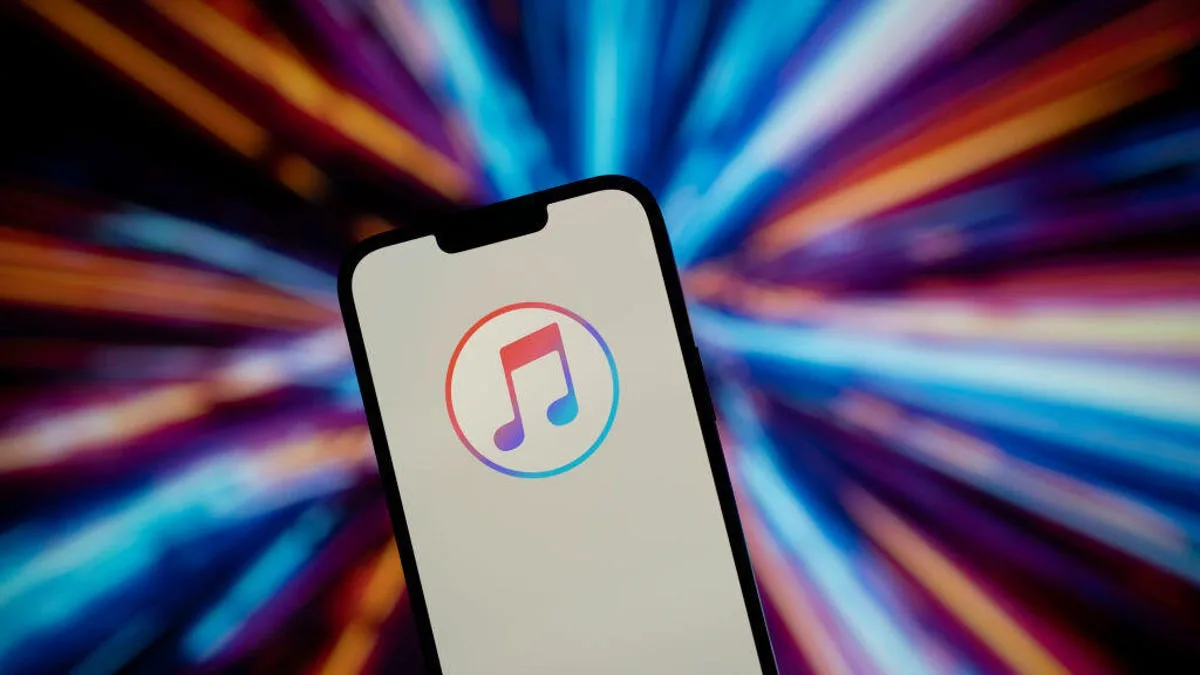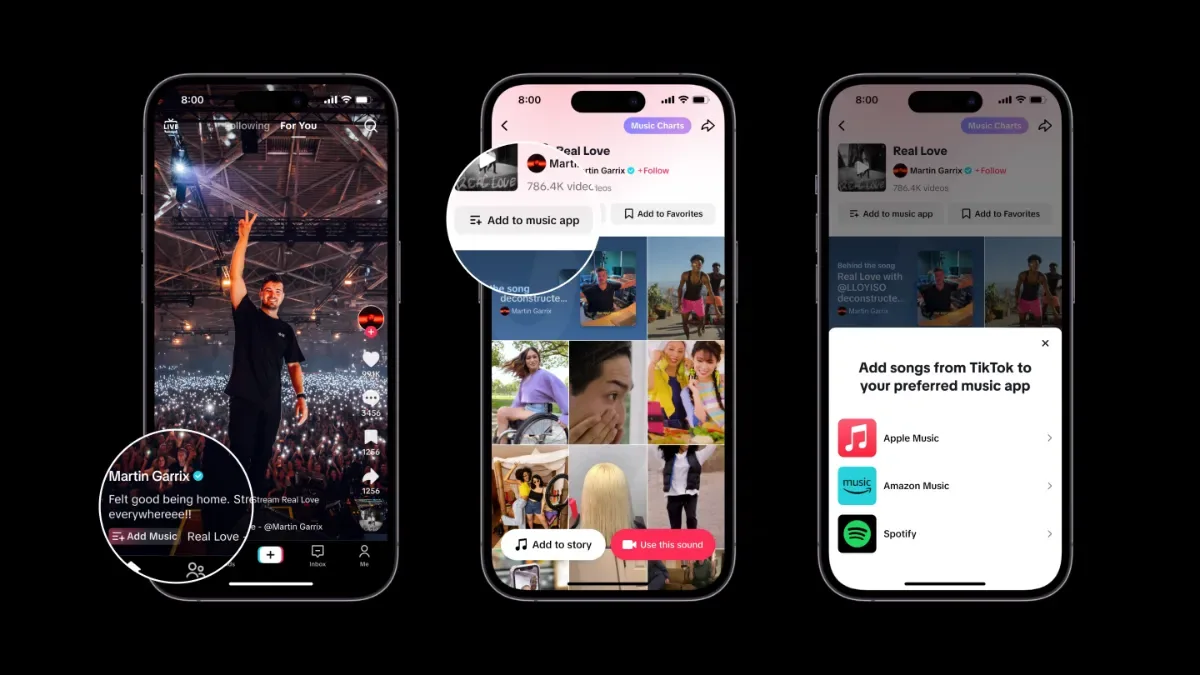The U.S. economy has expanded by 375% since 1989, while the number of checks written by Americans has plummeted by 80%. Welcome to the brave new world of electronic funds transfers, once the exclusive province of banks and credit unions but increasingly accomplished via emerging mobile utilities like Venmo, Cash App and Apple Pay.
These transfer apps provide speed and convenience. They have also revolutionized interpersonal transactions like transferring money among family members, splitting restaurant checks, and settling purchases and sales on community exchanges like Facebook Marketplace and even neighborhood yard sales. But unlike with traditional banking institutions, funds held in accounts related to these nonbank services are generally not subject to FDIC insurance and can expose users to increased risks, including the potential for loss of their funds if the transfer app provider were to fail.














